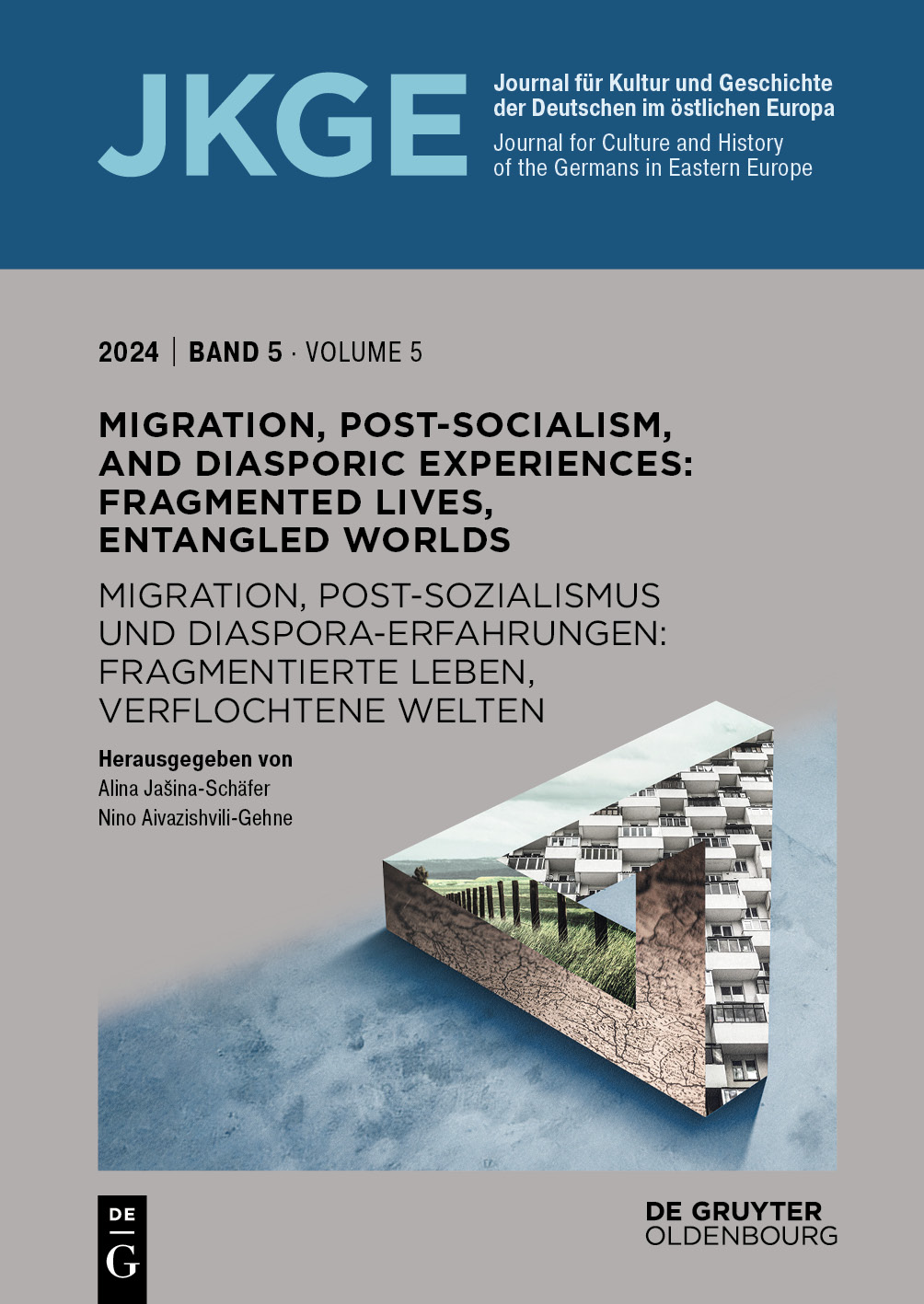Diasporic Authority and Cultural Identities in the Armenian Diasporic Field of Post-Socialist Hungary
Diasporic Authority and Cultural Identities in the Armenian Diasporic Field of Post-Socialist Hungary
Author(s): Hakob MatevosyanSubject(s): Cultural Anthropology / Ethnology, Post-War period (1950 - 1989), Transformation Period (1990 - 2010), Present Times (2010 - today), History of Communism, Cold-War History, Post-Communist Transformation
Published by: De Gruyter Oldenbourg
Keywords: diasporic social field; Armenians in Hungary; diasporic authority; cultural identity;
Summary/Abstract: This paper provides an analysis of the Armenian diaspora communities in Hungary, examining their struggles for diasporic authority and the distribution of diasporic capital. Using Bourdieu’s social field theory as a framework, the paper emphasises the significance of Stuart Hall’s concept of diaspora as a cultural identity that is consistently shaped by narrative. The methodology used includes 33 in-depth interviews conducted between 2015 and 2016 with individuals of Armenian descent based in Hungary. The paper presents three empirical investigations that provide insights into the positions and relationships within the Armenian diasporic field in Hungary. The first investigation focuses on Transylvanian Armenians and their diasporic self-image, the second explores the perspectives of late- and post-Soviet Armenians, and the third examines the positioning of Armenians from the Middle East who settled in Hungary. The analysis reveals the power dynamics and struggles for diasporic authority, highlighting the complexities of diasporic identity constructions.
Journal: Journal für Kultur und Geschichte der Deutschen im östlichen Europa
- Issue Year: 5/2024
- Issue No: 1
- Page Range: 51-68
- Page Count: 18
- Language: English

